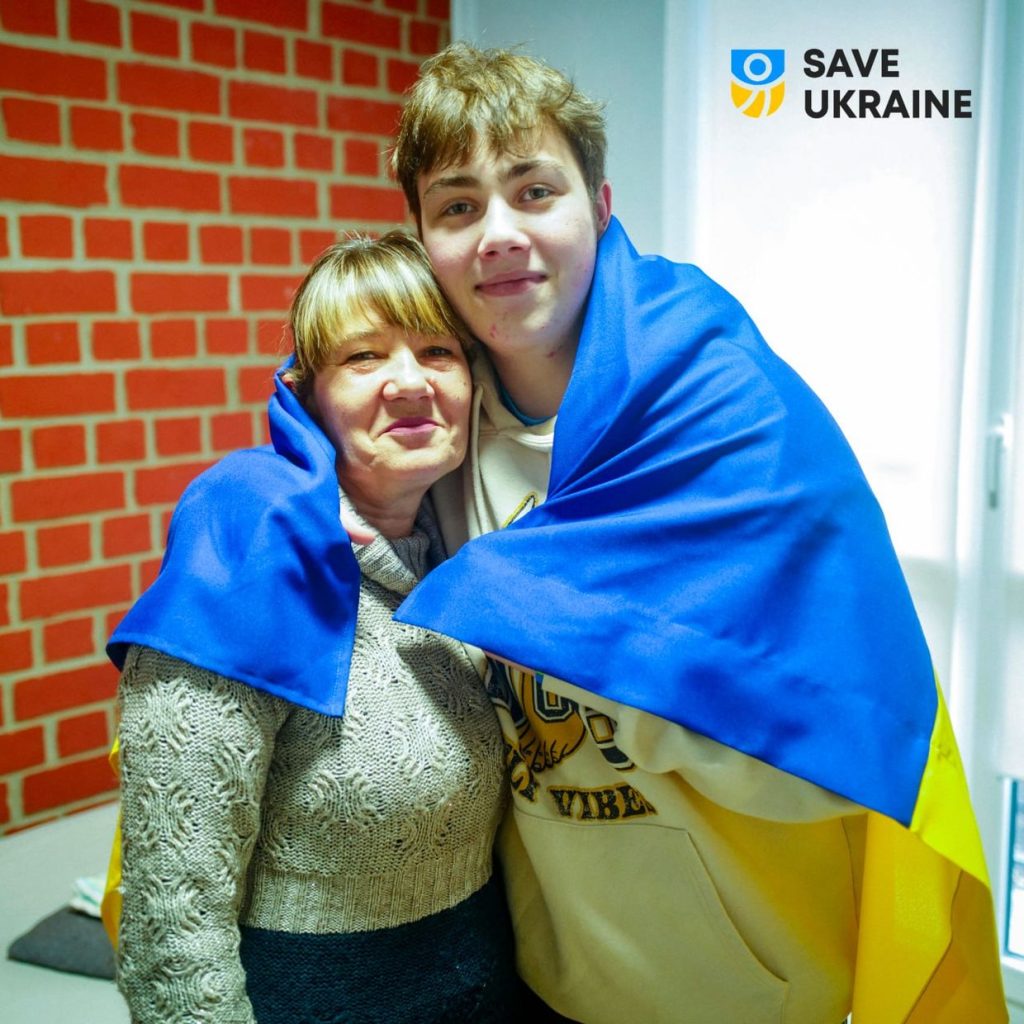A 17-year-old boy who was illegally deported to Russia from the occupied city of Kherson has returned to his family in Ukraine with the help of Save Ukraine, a humanitarian NGO. Since the start of Russia’s invasion of Ukraine, at least 19,500 children have been confirmed as abducted, with less than 400 of them successfully returning home. The boy, named Mykyta, was forced to live in Russia for two years, attending a Russian school where he was exposed to propaganda lessons about war and military training. Save Ukraine highlighted the systematic re-education efforts by Russian authorities on Ukrainian children deported to Russia, including the fear of being forced to fight against their own country after turning 18.
In a significant development, the International Criminal Court (ICC) issued arrest warrants for Russian President Vladimir Putin and Russian Children’s Rights Commissioner Maria Lvova-Belova for overseeing the forced deportations of Ukrainian children to Russia. This represents a recognition of the grave human rights violations being committed against Ukrainian children in the context of the ongoing conflict. The Guardian also reported on the re-education efforts by Russian authorities on Ukrainian children in Russia, highlighting the psychological impact on these children who are being indoctrinated with anti-Ukrainian sentiments and forced to participate in activities that go against their national identity.
The case of Mykyta sheds light on the plight of Ukrainian children who have been forcibly deported to Russia and the challenges they face upon their return to Ukraine. Mykyta’s experience of being subjected to “patriotic education” in a Russian school reflects a broader pattern of manipulation and coercion aimed at altering the beliefs and allegiances of Ukrainian children. The return of Mykyta to his family in Ukraine serves as a reminder of the importance of international efforts to protect and support the rights of children affected by conflict, including those who have been unlawfully removed from their homes and subjected to propaganda and re-education tactics.
The involvement of Save Ukraine and other humanitarian organizations in facilitating the return of abducted children like Mykyta highlights the crucial role of civil society in advocating for the rights and welfare of vulnerable individuals in conflict-affected areas. By providing support and assistance to victims of forced deportations and promoting awareness of the abuses committed against Ukrainian children, these organizations contribute to the broader efforts to uphold human rights and accountability in the face of ongoing humanitarian crises. The return of Mykyta to his family represents a small victory in a larger struggle to protect the rights and dignity of children caught in the crossfire of armed conflicts and geopolitical tensions.
As the international community continues to grapple with the human rights violations and atrocities committed during the conflict in Ukraine, the case of Mykyta and other abducted children serves as a stark reminder of the urgent need for justice and accountability for those responsible. The issuance of arrest warrants by the ICC against high-ranking Russian officials demonstrates a commitment to holding perpetrators of war crimes and crimes against humanity accountable for their actions. By supporting independent journalism and advocacy efforts focused on the plight of Ukrainian children, individuals can contribute to the broader movement for justice, truth, and reconciliation in conflict-affected regions. The story of Mykyta’s return to his family underscores the resilience and determination of individuals to overcome adversity and rebuild their lives in the face of immense challenges and injustices.


